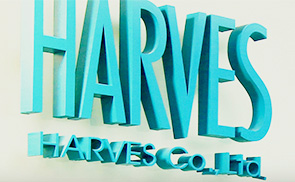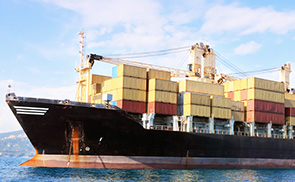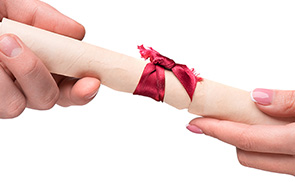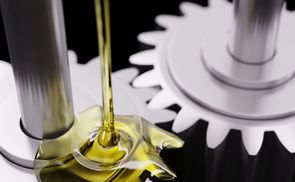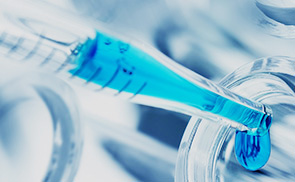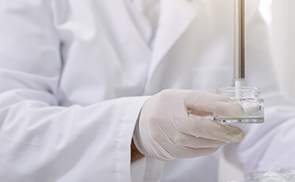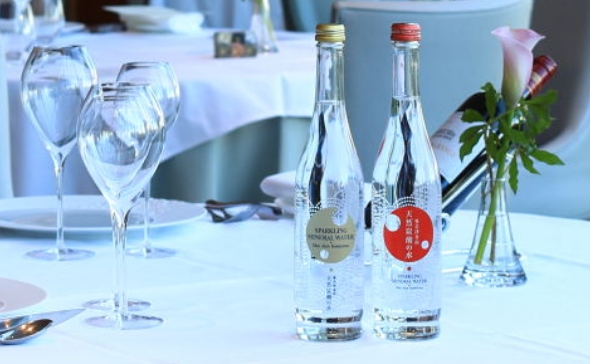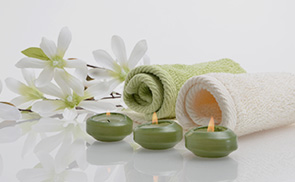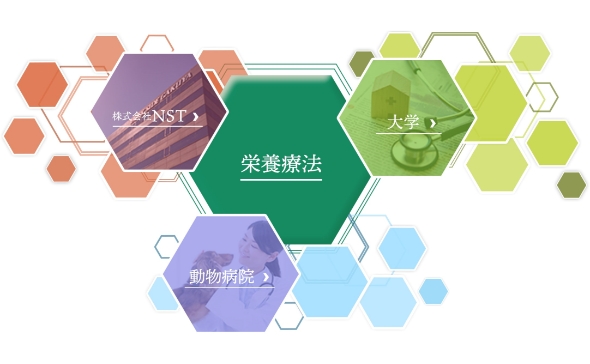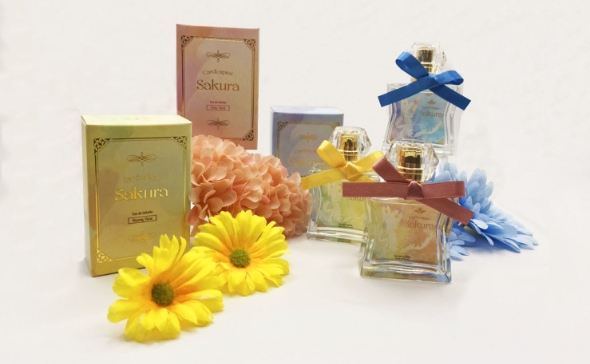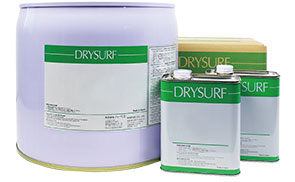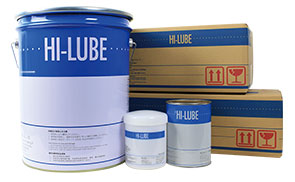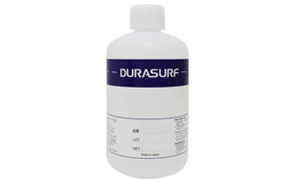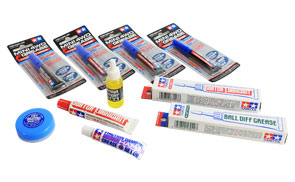


Examples of quasi-drug and cosmetics filling
Examples of quasi-drug and cosmetics filling
In order to manufacture quasi-drugs and cosmetics, it is necessary to file an application at the factory planning stage and pass the examination of Saitama authority. Product safety is the top priority for those products, with particular attention to the traffic line of incoming bulk, storage space for materials and finished products, route for going into the filling room for people and raw materials, packaging room and testing room. After passing the strict examination, we acquired the manufacturing licenses for quasi drugs (license number: 11DZ200157) and for cosmetics (license number: 11CZ200274).
Quasi-drug containers, cosmetics containers and tubes we can handle at our factory
Different types of quasi-drug containers, cosmetics containers and tubes are used depending on the product category
Oral care products and cosmetics
Nail products
Skin whitening products
Natural oils for massage
Hair care products
Semi-finished quasi-drugs and cosmetics
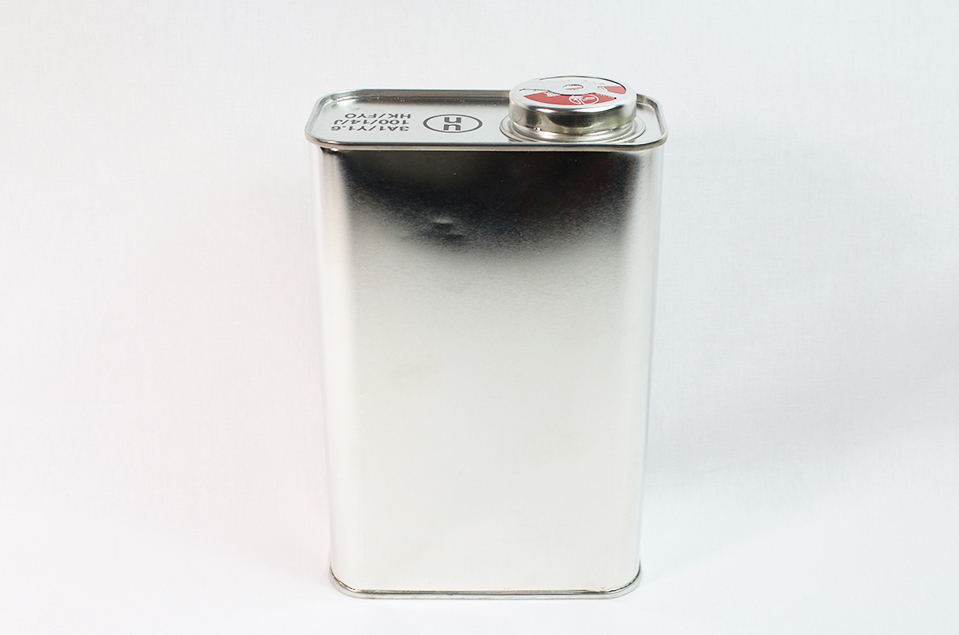
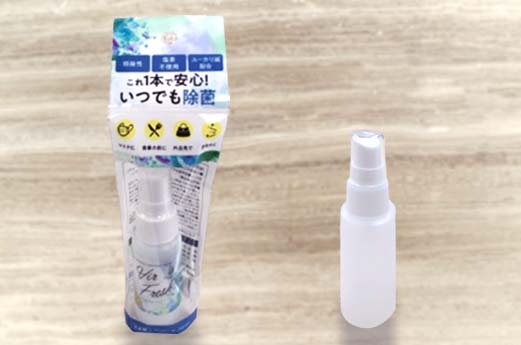
Inquiries received
~Oral cosmetics in aluminum tubes~
The oral cosmetics used in aesthetic salons come in 4g syringes, but it is impossible to commercialize it in current package as it takes a lot of time and effort to manufacture them in thousands. Is there any workaround? - The client really wanted to launch the good product to the market quickly.
Customer needs
They were looking for a company capable of filling aluminum tubes and special containers at a factory authorized for manufacturing of quasi-drugs and cosmetics.
Customer's challenge
They were selling the product in expensive syringes for medical use, but wanted to release it in a format that allows mass production and also attractive as cosmetics.
Our response
We proposed to use aluminum tubes with inner surface treatment (to avoid direct contact of the content with aluminum) and with functional nozzle for better usability. After pharmaceutical procedures, the clean and attractive product is manufactured in 20,000 pieces and released. We were able to fulfill all the needs from efficient operation with the nozzle, light resistance and airtightness of the tube to design cleanliness, and their production is still going up.
Inquiries received
~Whitening cosmetics in aluminum tubes~
It is a high-priced product packed in small quantity, but the current jar container cannot convey premium feeling to justify its price. What would be the easy to use and good looking format? - The client was definite on the concept and the theme.
Customer needs
Their product came in a jar (for ointment), and wanted to consider not only to outsource filling but also to revise the packaging to add value.
Customer's challenge
They were having difficulty finding a company with aluminum tube filling capacity in a licensed factory for quasi-drugs and cosmetics, and with packaging consultation option.
Our response
We procured inner surface treated aluminum tubes, conducted filling test and bacterial examination, and proposed a commercialization plan for both medical use and consumer use products in 10,000 unit/batch. While testing several aluminum tubes with different features, we worked on the final packaging specification.
Inquiries received
~Massage oil for aesthetic salons~
We outsource the production of natural oil used for massaging at aesthetic salons. Is it possible to do the filling while purging nitrogen for the dozens of naturally extracted oils we import in drums? - The client wanted to confirm the conformity of our licensed facility on site for cosmetics manufacturing before entering into business discussion.
Customer needs
They wanted to portion out the naturally extracted oils they outsource to overseas manufacturer in drums into 500ml and 1L bottles.
Customer's challenge
Their requirement was to conduct filling with nitrogen purge at a licensed factory for quasi-drugs and cosmetics.
Our response
When they visited us, we explained the filling machine to be used and our nitrogen purging process. After cost estimation, the production is planned to start this summer in thousands bottles per each oil. Our manufacturing process was confirmed to meet their qualifications by the president of the company and their technical team. The product will be released in summer, after the natural oils are extracted in Asian countries. The business volume in the industry has recovered to exceed 1,5 trillion JPY with cosmetics alone, and together with over 1 trillion JPY quasi-drugs market, the growth is accelerating even faster. Regardless of the production scale, we continue with our challenge in filling business to serve clients capable of developing excellent products.





